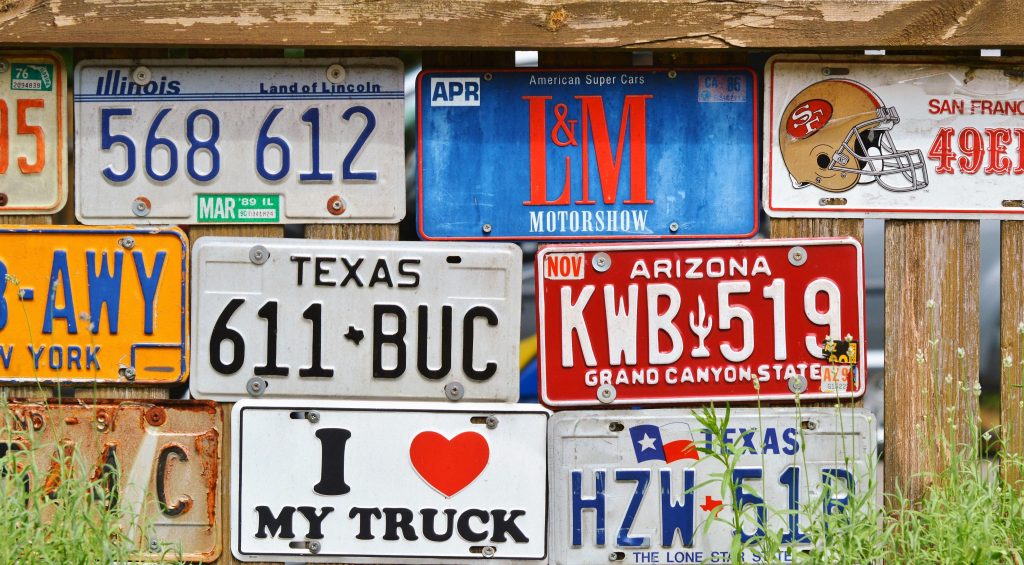The Unintentional Format: A Deep Dive into Recovering Data from CFexpress Cards
In the digital age, photographers and videographers rely heavily on memory cards to store their priceless work. However, accidents can happen, even to the most meticulous professionals. Recently, a user on Reddit shared their distressing experience of accidentally formatting a CFexpress Type B card, specifically the Angelbird AV Pro SE 512GB. This incident raises important questions about Data Recovery processes and the best practices to mitigate such crises in the future. In this blog post, we’ll examine the nature of CFexpress cards, the potential for DIY recovery, professional recovery options, and preventative measures to protect your digital assets.
Understanding CFexpress Type B Cards
What Are CFexpress Cards?
CFexpress is a new standard of memory cards designed to deliver high-speed data transfer rates, which are essential for modern photography and videography. These cards use the PCIe (Peripheral Component Interconnect Express) interface to transfer data significantly faster than traditional memory cards, such as SD or CFast cards, making them ideal for 4K and even 8K video recording.
The CFexpress Type B card is particularly popular among professional photographers and videographers due to its high capacity—up to 8TB—and rapid read/write speeds, often exceeding 1,700 MB/s. The Angelbird AV Pro SE line is especially favored for its durability and reliability in harsh conditions.
The Importance of Secure Digital Storage
With high capacities allowing for hundreds or thousands of images and hours of video, CFexpress cards have become imperative for serious creators. However, this large storage capacity can also lead to complacency about data management practices. Many users may assume that because of the card’s reliability, accidents such as unintentional formatting won’t happen—or worse, they may not fully understand the implications of such actions.
The Emotional Toll of Losing Data
The Immediate Reaction
Imagine this: you just wrapped up an important shoot—a wedding, a commercial, or a family reunion—feeling accomplished and satisfied with your work. You place your CFexpress card into your card reader, excited to transfer your files, only to realize that you accidentally formatted the card. The sinking feeling of panic and dread immediately sets in. The lost data includes moments that can never be recreated, and the anxiety of potentially losing those precious files can be overwhelming.
Coping with Data Loss
Loss is not just about the files; it’s about the hours spent capturing those moments, the financial implications, and the frustration of dealing with something that could have been prevented. For many creators, this emotional investment compounds the loss, making it feel like more than just a technical failure.
Can You Recover the Data Yourself?
DIY Data Recovery Options
When faced with an accidental format, the first instinct for many is to seek a way to recover the lost files themselves. Fortunately, there are various data recovery Software solutions available that can help in such situations. Here’s a quick rundown of the most popular options:
-
Recuva: A free data recovery Software developed by Piriform, Recuva is user-friendly and effective for recovering files from CFexpress cards. While it’s primarily aimed at Windows users, macOS versions are also available.
-
PhotoRec: An open-source Data Recovery application that supports a wide range of file systems and formats. It’s known for its powerful recovery capabilities and is compatible with multiple operating systems, including Windows, macOS, and Linux.
-
Stellar Photo Recovery: A highly-rated option that specializes in recovering lost or deleted photos and videos. It’s suitable for a variety of storage devices, including CFexpress cards.
-
EaseUS Data Recovery Wizard: This Software is known for its intuitive interface and efficient recovery options. The free version offers limited functionality, while the pro version provides more extensive recovery capabilities.
Important Considerations
Before you dive into DIY recovery, keep these points in mind:
-
Stop Using the Card: One of the first rules of data recovery is to stop using the affected card immediately. Continuing to write new data can overwrite the space where your lost files once resided, making recovery significantly more difficult or impossible.
-
Read Instructions Carefully: Each software solution comes with its own set of instructions. Take your time to follow them closely to maximize your chances of successful recovery.
-
Consider Your File Types: Different types of files have varying chances of recovery. For instance, larger video files may suffer more than smaller JPEGs. The more time that passes and the more the card is used post-format, the lower the recovery success rate.
Professional Data Recovery Services
When to Seek Professional Help
Sometimes, DIY recovery methods may not achieve the desired results. In such cases, or when faced with particularly critical data loss, it may be necessary to turn to a professional data recovery service. These services can leverage advanced tools and trained technicians to retrieve data that may not be accessible through commercial software.
Choosing a Data Recovery Service
If you’re located in Sydney, Australia, several reputable data recovery services could help you recover your lost data:
-
Data Recovery Experts: Based in Sydney, they offer specialized services for a range of storage devices, including CFexpress cards. Their technicians have extensive experience and use state-of-the-art tools to retrieve lost data.
-
Express Data Recovery: Also located in the Sydney area, they provide a range of services, including hard drive recovery and memory card recovery. Express Data Recovery is known for their quick turnaround times and free evaluations of your device.
-
Sydney Data Recovery: Offering services across multiple platforms, they are equipped to handle various types of data loss scenarios. Customers can expect professionalism and a commitment to recovering their lost data.
Costs and Turnaround Time
Prices for professional data recovery can vary widely, typically ranging from $100 to several thousand dollars, depending on the complexity of the recovery. Most services will offer a free initial assessment and quote. Turnaround times can also range from a few days to a couple of weeks, depending on the severity of the data loss and the company’s workload.
Preventative Measures to Protect Your Data
Best Practices for Data Management
While data recovery methods are important, the best strategy is always prevention. By adopting the following best practices, you can significantly reduce the chances of data loss:
-
Regular Backups: Always maintain current backups of your essential files. Whether cloud storage solutions (like Google Drive or Dropbox) or physical backups to external hard drives, having multiple copies is a safety net for your important data.
-
Double-Check Before Formatting: Before you format any card, take a moment to verify that you’re working with the correct storage device. Confirm that there are no critical files requiring immediate attention.
-
Use Reliable Storage Solutions: Invest in high-quality memory cards from reputable brands such as Angelbird, SanDisk, or Lexar. High-performance cards are less likely to fail, and their manufacturers tend to have better customer service.
-
Persistently Monitor Your Card: Regularly check your memory cards for corruption or performance issues. If you notice any anomalies, consider replacing the card before a failure occurs.
-
Educate Yourself on File Management: Familiarize yourself with your camera settings, including how to correctly format and manage files. Understanding your tools helps avoid mishaps.
Recovery After Data Loss
If you do find yourself in a situation where data has been lost, remember that seeking assistance and utilizing the correct recovery methods can make a significant difference. Gather as much information as possible about the incident, including when it occurred and whether any recovery attempts were made—this will aid both DIY and professional recovery efforts.
Conclusion
Accidentally formatting a CFexpress Type B card can be a nerve-wracking experience, especially when valuable memories and hard work are at stake. While the panic that ensues is entirely understandable, it is crucial to take measured steps towards recovery, whether through DIY methods or seeking professional help. Additionally, preventing data loss through diligent practices and continuous learning can protect your most treasured digital creations. With the right strategies and knowledge, you can minimize risks and prepare for potential challenges in your future photographic endeavors.
Share this content:



